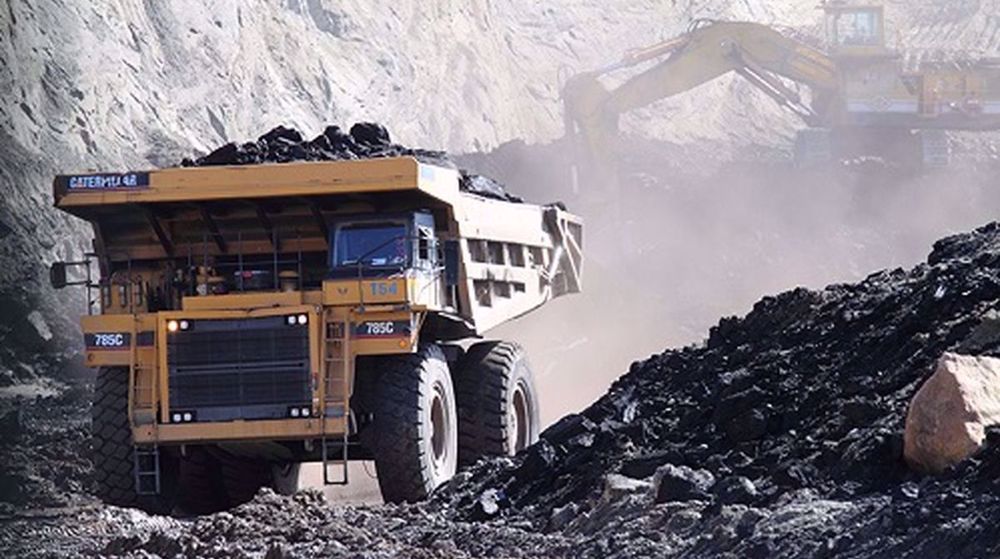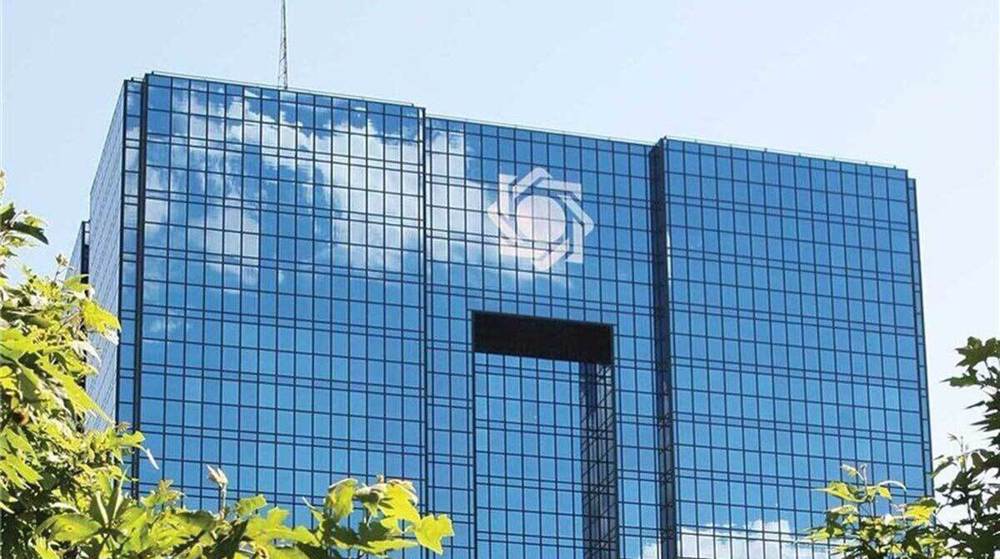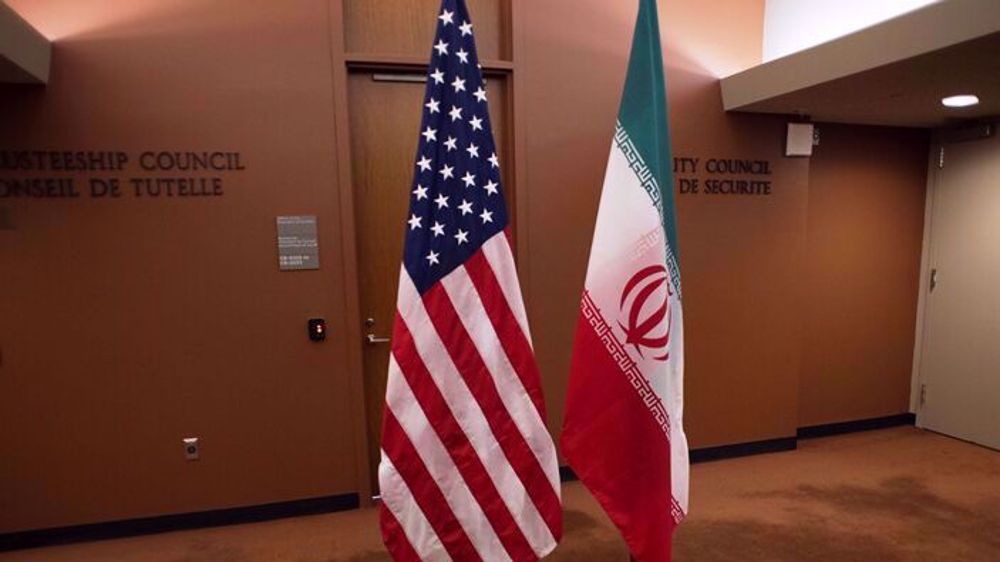Volvo shifts into reverse on Iran sanctions
Swedish Volvo Trucks Corporation has resumed its production of heavy trucks in Iran, putting an end to four years of absence from the country’s massive market under sanctions.
The company marked its return by opening a production line for a new generation of Volvo FH trucks at Saipa Diesel west of Tehran.
It includes production of Globetrotter High cab vehicles, with a 500 horsepower engine compliant with Euro 4 emissions standards.
The engine is also provisioned with the option to upgrade to Euro 6, CEO of Saipa Za’far Tanhapour said at the inauguration ceremony.
Volvo’s absence marked the introduction of Chinese vehicles which have become the subject of criticism for poor quality.
China’s Howo trucks in Iran have become synonymous with death and its mere sight on the road is enough to send shudders down the spine of travelers.
Tanhapour said intensified sanctions forced his company to sever ties with Volvo and find a replacement in Chinese products, which involved sales of 5,300 commercial vehicles.
“Chinese vehicles possess about 80% of European products in quality but their prices are lower,” he said.
As many as 137,000 commercial vehicles are currently plying Iran’s roads, of which 67,000 need to be replaced with new ones, Tanhapour said.
The official said Saipa Diesel is in talks with several reputable companies, including Mercedes Benz and Renault Trucks.
“The signing of a joint venture agreement with Benz for production of light, heavy and trailer trucks as well as buses and minibuses is in the works. Moreover, this reputable company has taken some steps for production of electric buses (in Iran),” Tanhapour said.

Meanwhile, CEO of Saipa Group Sa’eed Madani said Iran has the capacity to turn into a hub for production of commercial vehicles in the region.
“Iran’s cooperation with foreign automakers includes a 400 million-strong market. If we make planning for tapping it, its proceeds could benefit Iran’s population of 70 million people,” he said.
The official touched on his company’s negotiations with France’s Renault, saying they were trying to forge a “win-win cooperation” mechanism.
French automakers, including Peugeot Citroen, slammed the door on Iran’s face after Europe intensified sanctions on the Islamic Republic in 2011.
Many Iranians are advising caution in dealing with the French and call for stronger checks and balances in new trade with them.
Madani touched on the deep-rooted malady which Iran’s auto-making industry is suffering from.
“We have to admit that certain groups in the country are merely after car imports. We have to put an end to this phenomenon by producing quality cars at suitable prices.”
Iran’s auto industry is the Middle East’s largest but it is based on assembling foreign brands.
The industry has the full state support behind it and a monopoly on the market which, many critics say, has resulted in a laggard sector with no serious efforts to improve quality despite frequent price hikes.
The government also levies hefty customs duties on imports in order to protect the domestic auto industry.
HB/HB
Spain jurists demand ties with Israel ties be cut
VIDEO | Press TV's news headlines
VIDEO | Iran honors top Science Olympiad medalists
VIDEO | Austrians arrested at Gaza protest in Vienna
10 killed in bus crash in western Iran
VIDEO | One-man-band journalism with Civili
5 Israeli forces killed as Palestinian fighters face up to regime’s war machine
VIDEO | An insider's view of the country: Persian Tahini, Royan in Mazandaran










 This makes it easy to access the Press TV website
This makes it easy to access the Press TV website